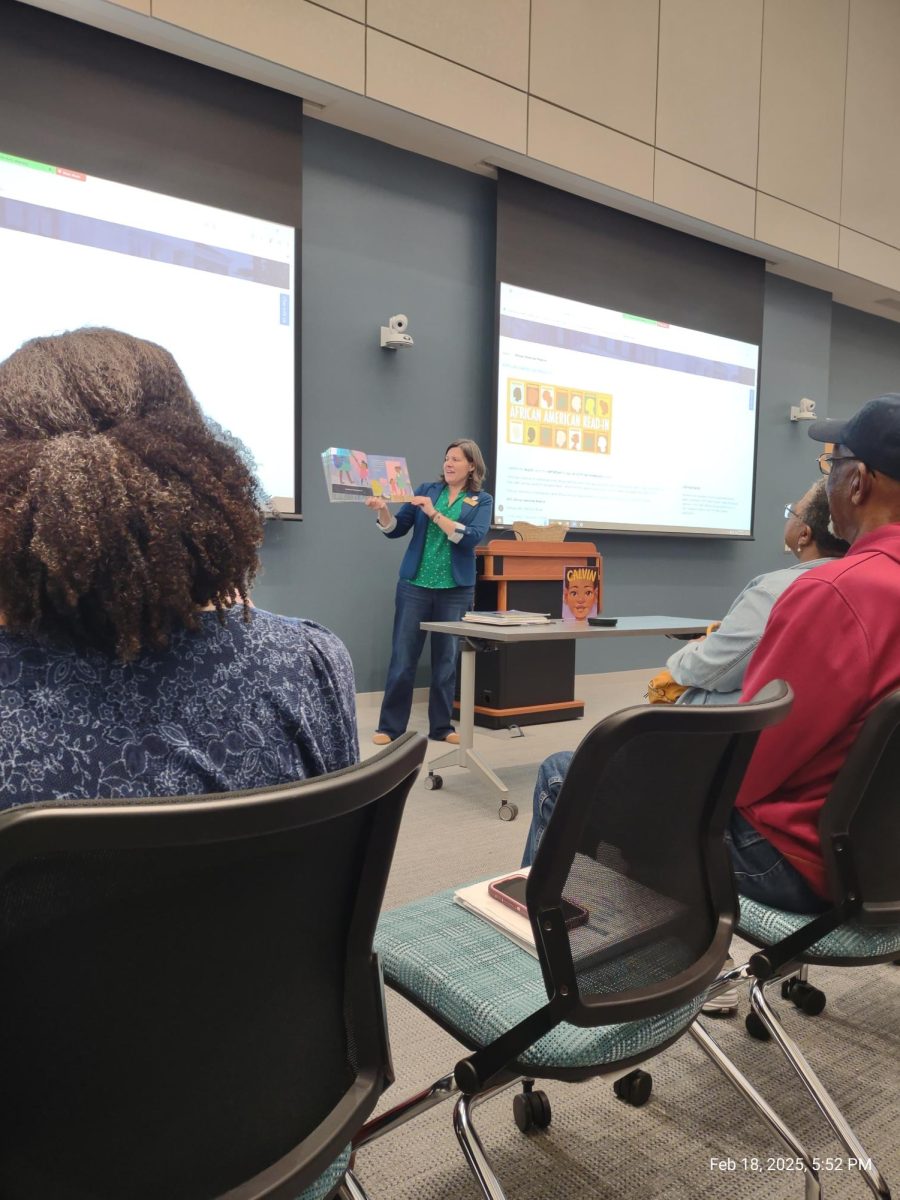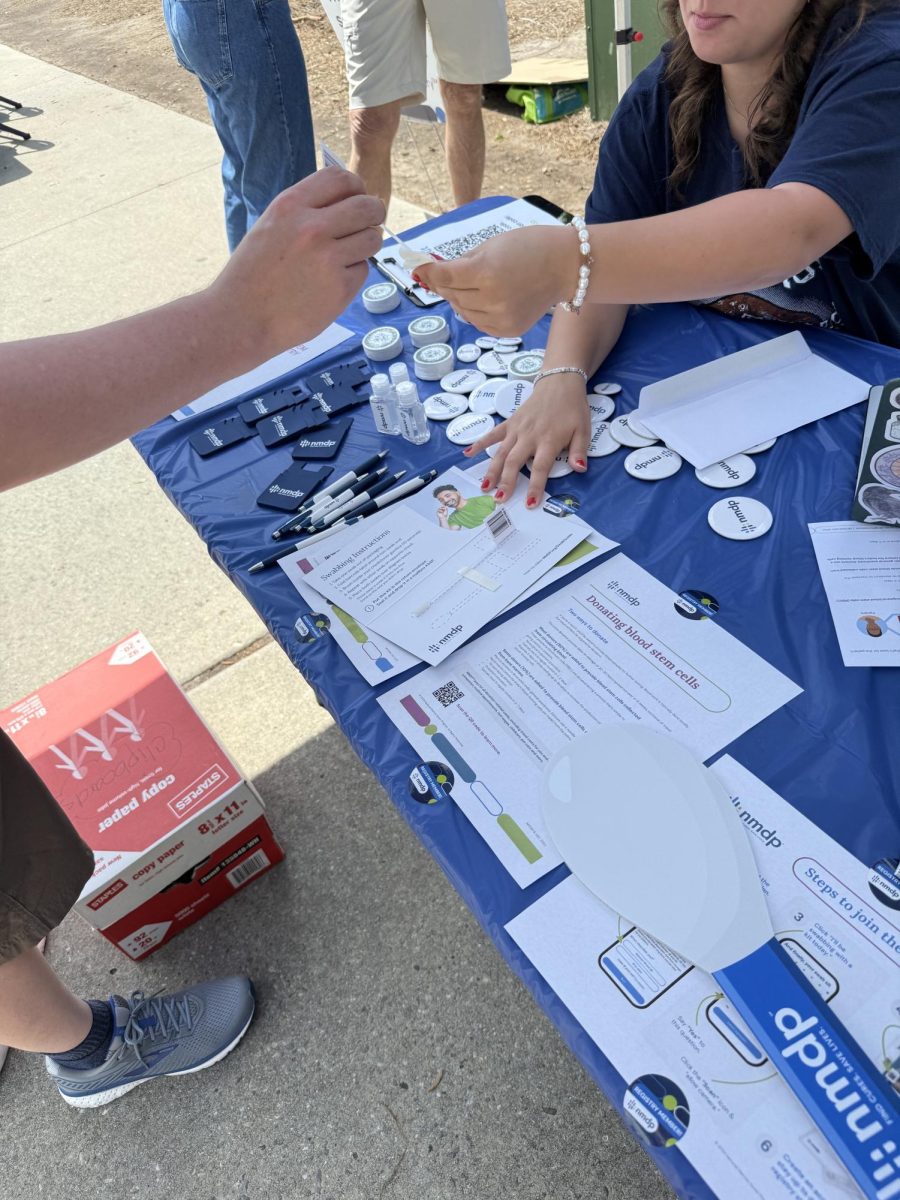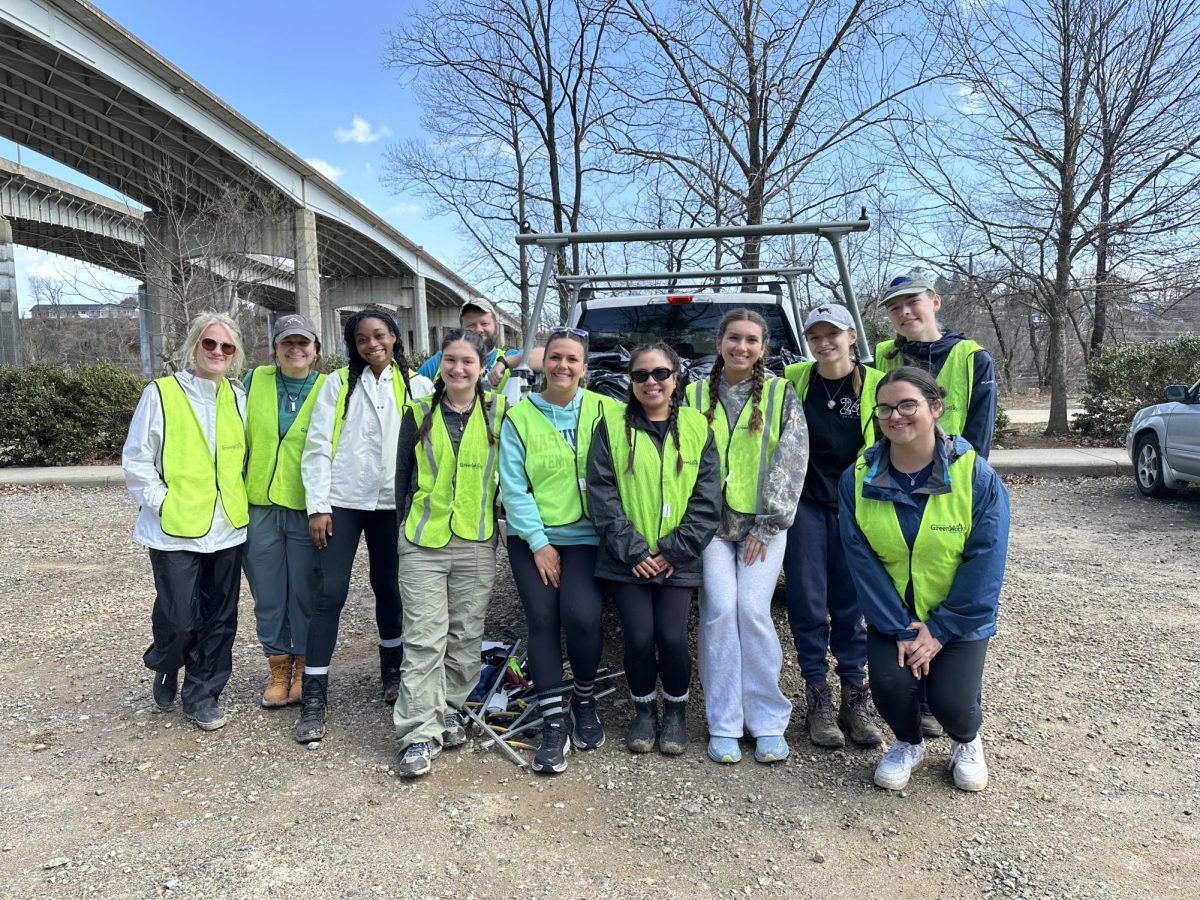The content is sponsored through RHA.

Moving to college can be an exciting step in life or a challenge to navigate through. UNCW had a grand total of 18,848 students enrolled in fall 2024. That is 18,847 potential students that you may have to encounter as a first-year student. Walking around campus, trying to find your classes, sitting beside unfamiliar faces and taking your first college class can add on unwanted pressure. Living in a dorm room can make you feel cramped or a lack of privacy with a nosy roommate.
Feels overwhelming, right?
Big changes, such as moving to college, can bring on a lot of unwanted feelings, such as stress, anxiety or depression. It is crucial for students, friends, professors and family to know what resources are available to students to help their transition into college be smoother.
RHA Health Services provides students with an array of services for their mental health needs, such as disability services, behavioral health services, deaf and hard hearing services, substance use services, crisis services and care management services.

In an interview conducted with Christine Still, director of the Supporting Hope Opportunity Recovery Empowerment program (SHORE), she speaks about the services that RHA provides for students in Eastern N.C.
“Our mission is helping individuals with intellectual disabilities, mental health and substance use live their best lives,” said Still. “Adjusting to a new environment and a new chapter in life can bring stress, whether that be stress from excitement or stress of a new change. That is where RHA can be helpful.”
One challenge that some college students face is early psychosis. Psychosis is a set of experiences that makes it difficult to know what is real versus what is not real. Every year, the Early Psychosis Interventions of N.C. expects 100,000 young people, individuals between the age of 18 to 30, to experience symptoms of psychosis. RHA provides services to help students, friends and family get the proper help of early stages of psychosis to prevent more extreme mental health illness in the future.
SHORE program, offered through RHA, is a program in place to help students who are experiencing early stages of psychosis. Still explains how early signs of psychosis appear in college students due to the changes of moving to college.
“Usually, it is someone around you who is noticing changes in your behavior,” said Still. “This is either isolation, odd behavior or socialization issues.” Still describes some of the characteristics about student behavior that one can take note of. A few examples she provided is a student doing well in school but abruptly falling off, seeing and feeling things that are not there, fixed beliefs on things that are intense that were not before, or a notable shift in behavior.
Increased amounts of stress makes college students vulnerable to experience early stages of psychosis. The goal of the SHORE program is to improve a student’s ability to succeed in work and school, build healthy relationships and live independently.
“We have a peer support specialist who is someone who has lived experience with psychosis,” said Still. Peer support specialists are highly trained individuals with lived experiences to help patients through their process. RHA also provides other trained specialists, such as individual therapists, family therapists and psychiatrists.
RHA offers other services for students with other mental health needs such as anxiety, depression, stress and substance use. To reach out to RHA for more information, please visit their website or call 910-632-2191.
The content is sponsored through RHA.





















